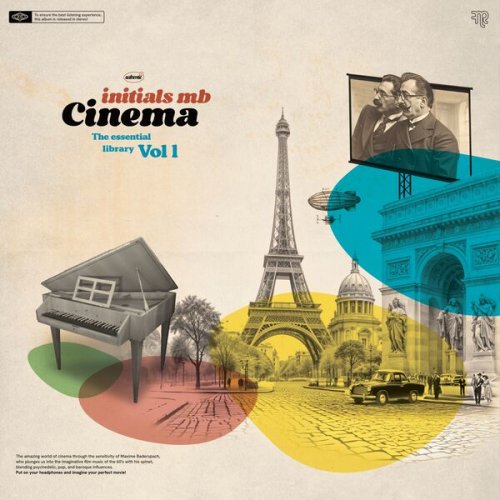Stanley Turrentine - Betcha (2013)
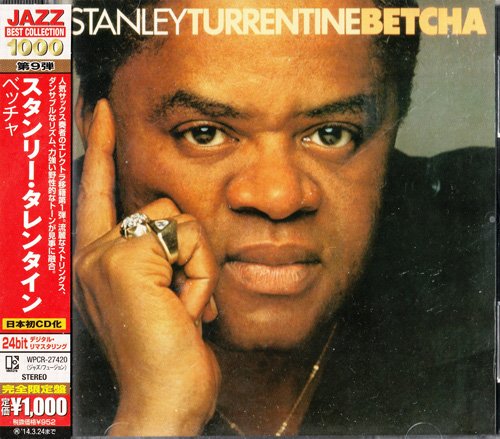
Artist: Stanley Turrentine
Title: Betcha
Year Of Release: 1979 / 2013
Label: Elektra
Genre: Jazz
Quality: FLAC (tracks + .cue, log, scans)
Total Time: 40:19
Total Size: 280 MB
WebSite: Album Preview
Tracklist:Title: Betcha
Year Of Release: 1979 / 2013
Label: Elektra
Genre: Jazz
Quality: FLAC (tracks + .cue, log, scans)
Total Time: 40:19
Total Size: 280 MB
WebSite: Album Preview
01 Take Me Home (04:24)
02 Love Is The Answer (04:58)
03 Betcha (06:28)
04 Concentrate On You (04:32)
05 You (05:52)
06 Hamlet (So Peaceful) (04:56)
07 Long Time Gone (04:25)
08 Together Again (04:42)
Stanley Turrentine's great blues-inflected tenor sax work for Blue Note Records in the 1960s helped build the template for what became known as soul-jazz, but as Turrentine left Blue Note and began working with Creed Taylor's CTI Records in the early '70s, he became increasingly a crossover artist, earning his keep with a kind of smooth, orchestrated after-hours chillout music that was delivered with just enough groove to keep things breathing. What saved all of this from being jazz wallpaper was the steady, slightly raw tone of Turrentine's sax breaks, which seldom disappointed. When he left CTI for Fantasy, Turrentine began pumping up the rhythms into light funk fusion territory, even dabbling in disco (and increasing his record sales) before jumping ship to Elektra in 1979, where he released three albums of mellow smooth jazz fusion, including this one, which features an army of electric guitarists, including Lee Ritenour, David T. Walker and "Wah Wah" Watson. Even with all those guitarists, though, things don't heat up too much and Turrentine's sax coasts over the embedded synthesized strings and orchestrated background vocals like a shark going for a leisurely swim in a pool full of Jello, which means there isn't much bite, even with the light funk that surfaces in "Betcha" and "Long Time Gone," although the synthesizers and massed guitars provide enough fanfare to make it all sound bigger than it really is. In the end, Turrentine plays great, like he always does, but it all gets muted by the soaring arrangements, leaving Betcha sounding majestic but somehow strangely empty. -- Steve Leggett
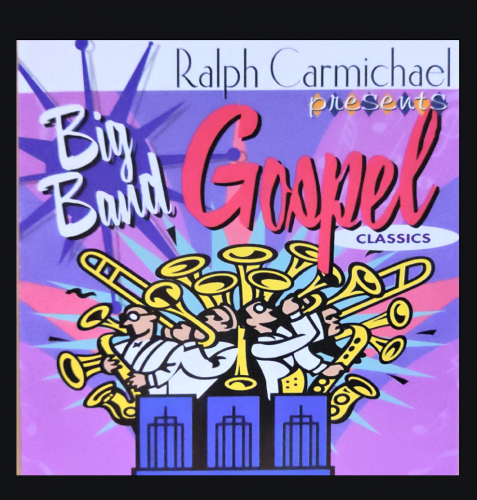
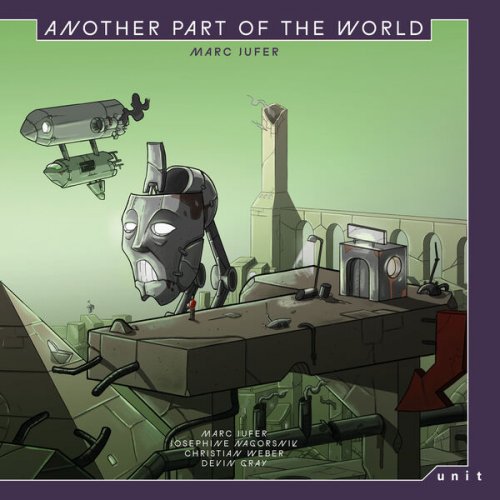
![Danakil Safari - From the Soil (2026) [Hi-Res] Danakil Safari - From the Soil (2026) [Hi-Res]](https://www.dibpic.com/uploads/posts/2026-02/1771561850_h6jyygzrq1lpb_600.jpg)
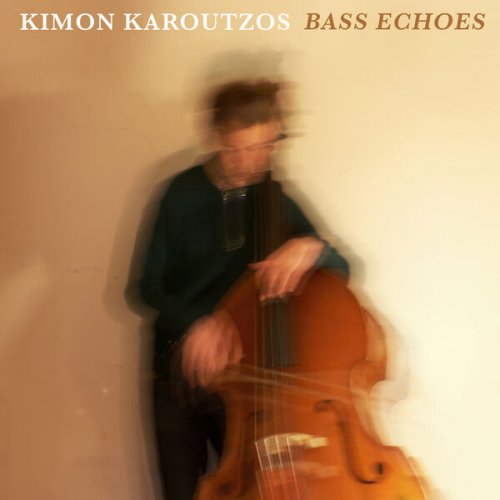

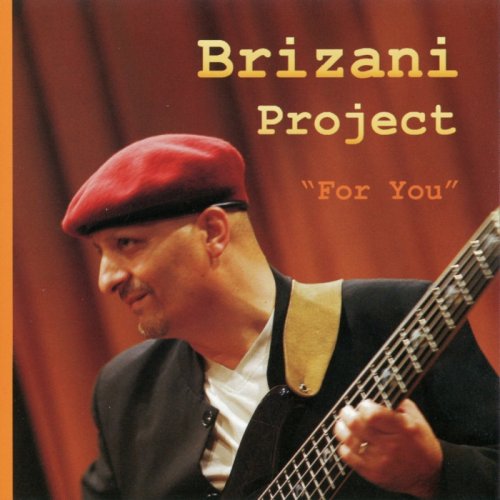

![Jan Harbeck Quartet - Arena (2026) [Hi-Res] Jan Harbeck Quartet - Arena (2026) [Hi-Res]](https://img.israbox.com/img/2026-02/21/ta1geqbunymda1vazij2b7te7.jpg)
